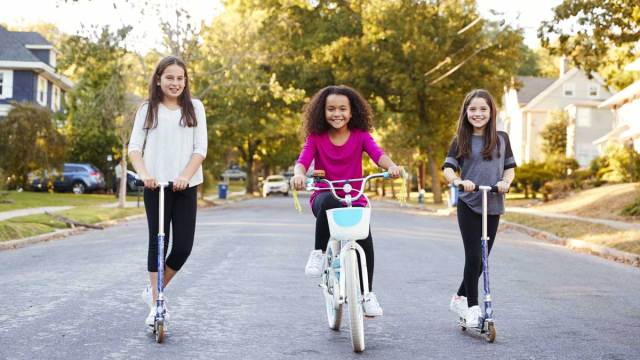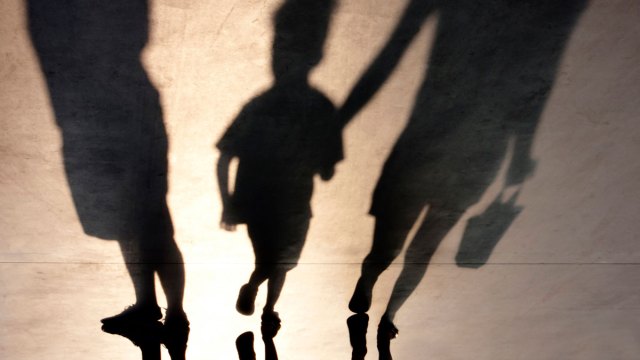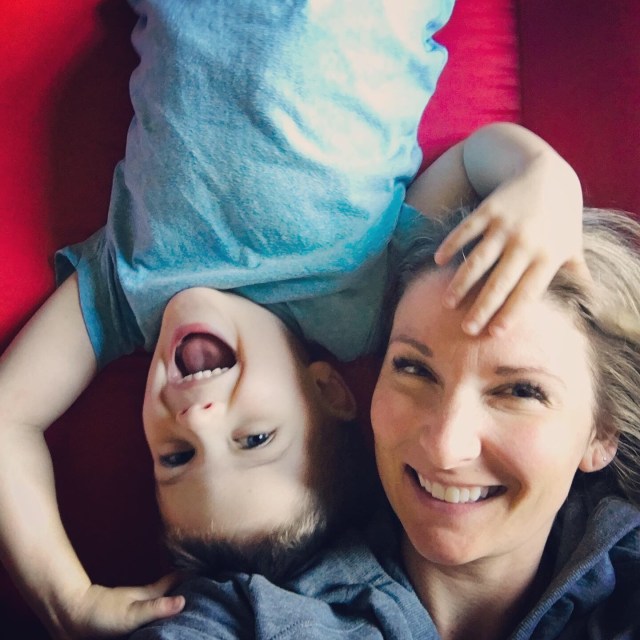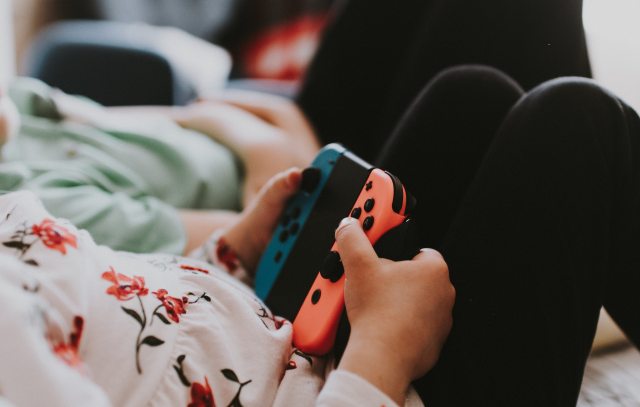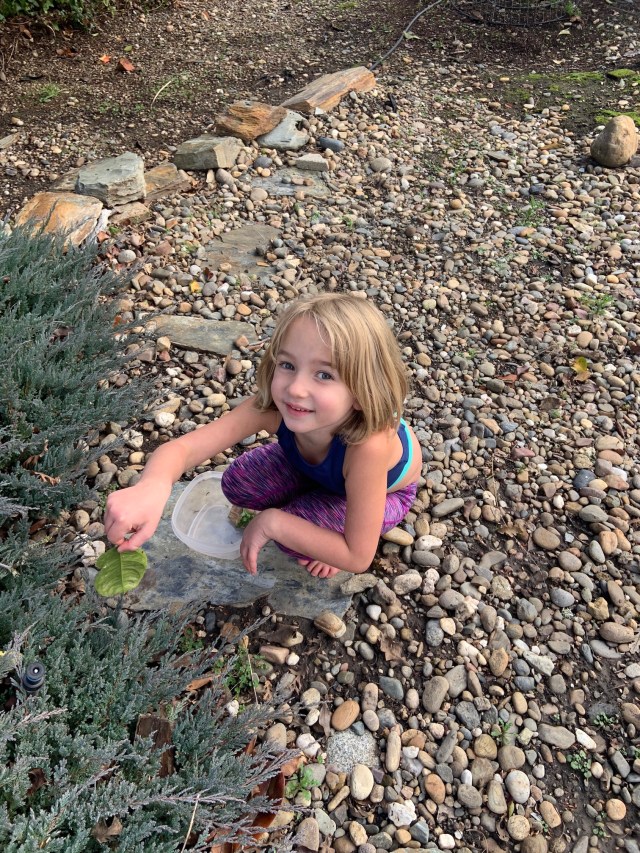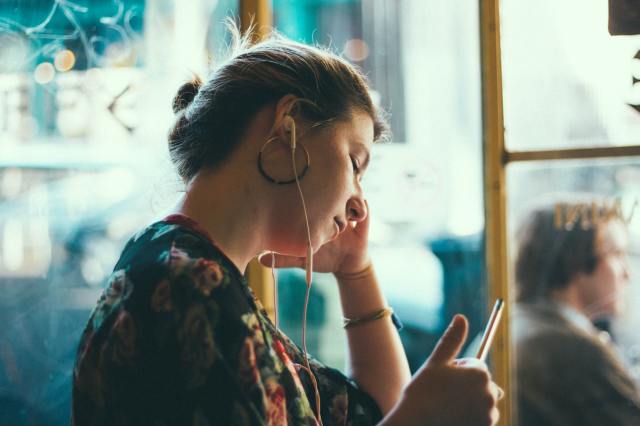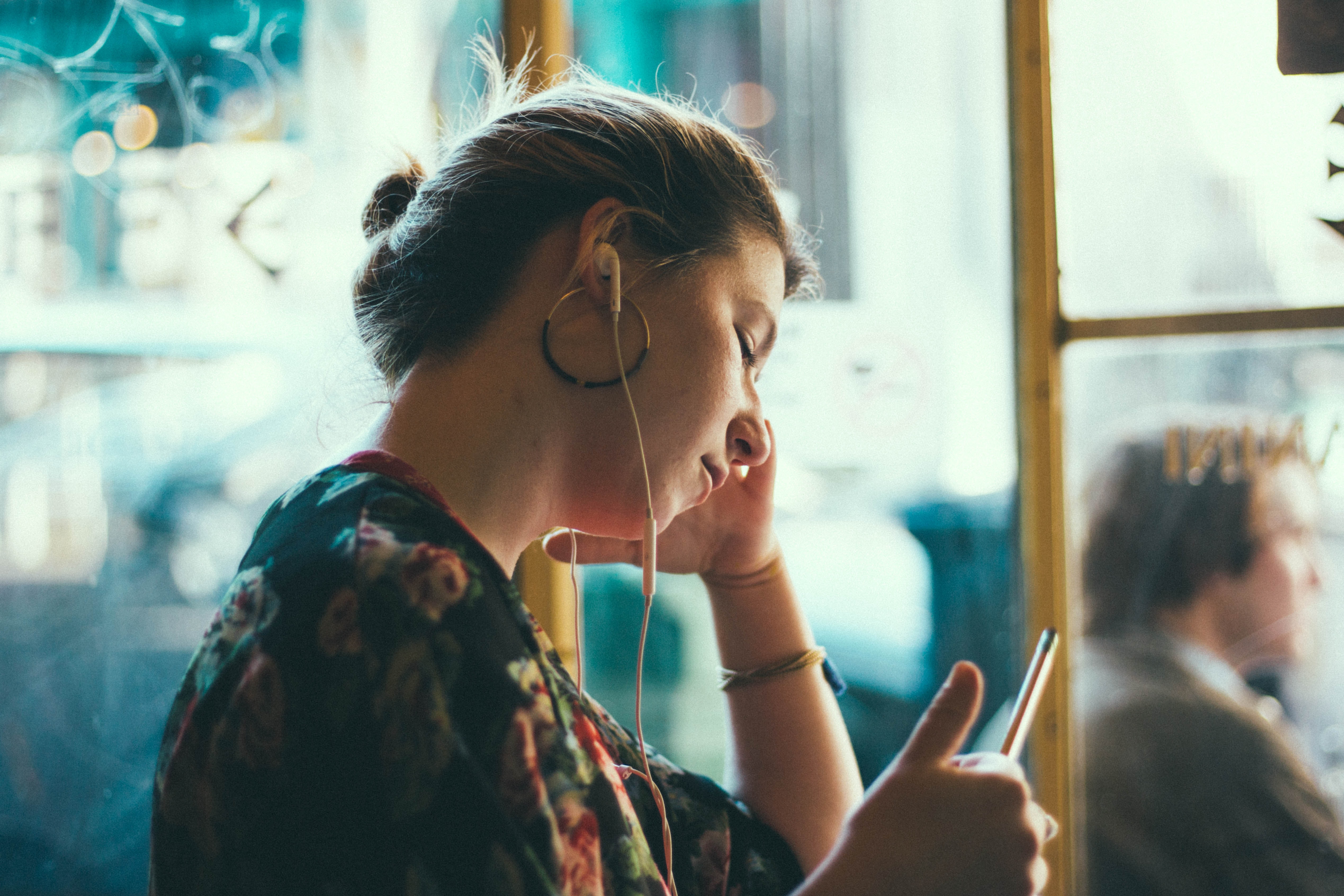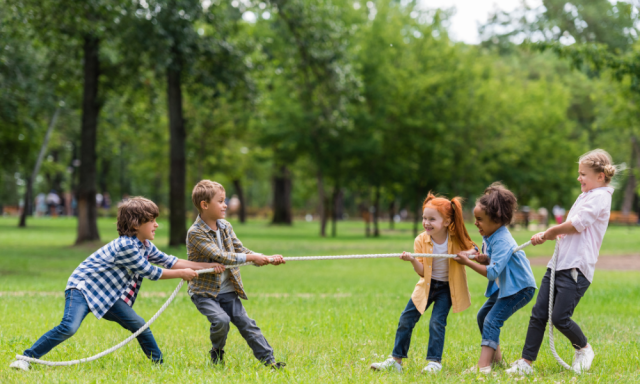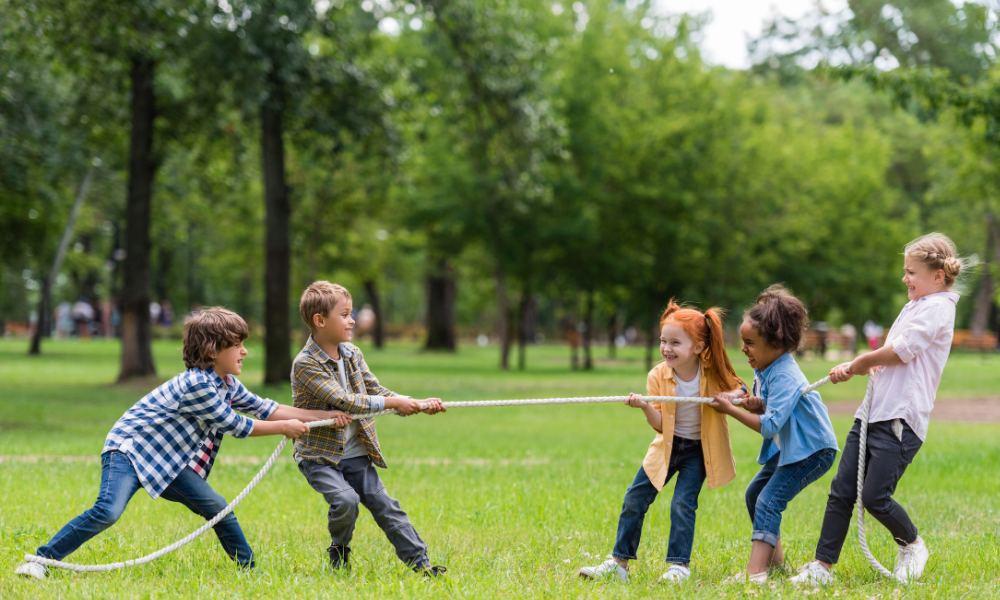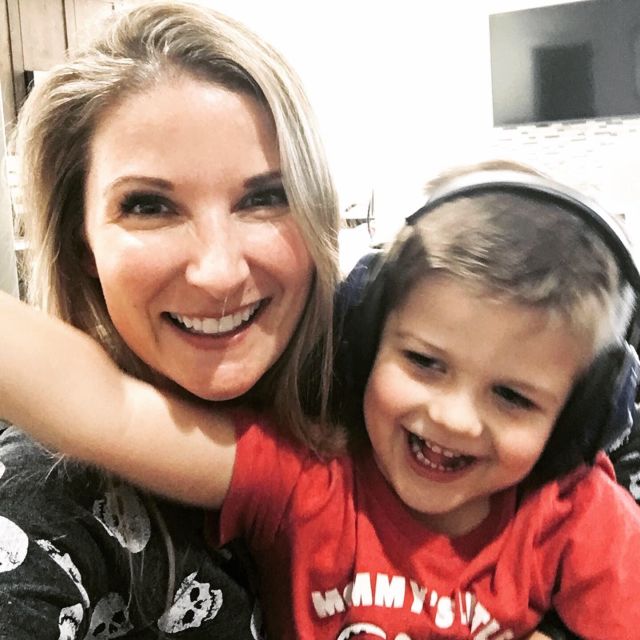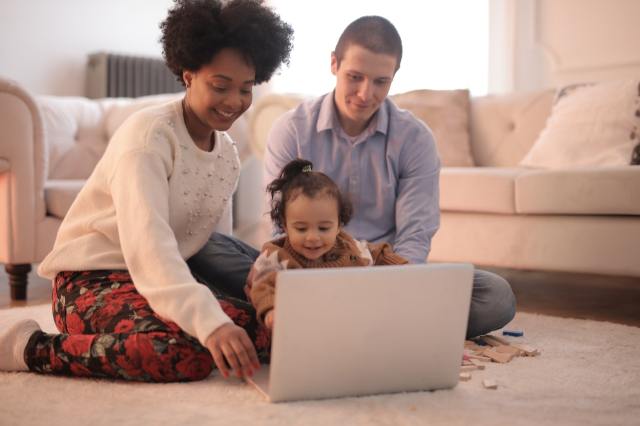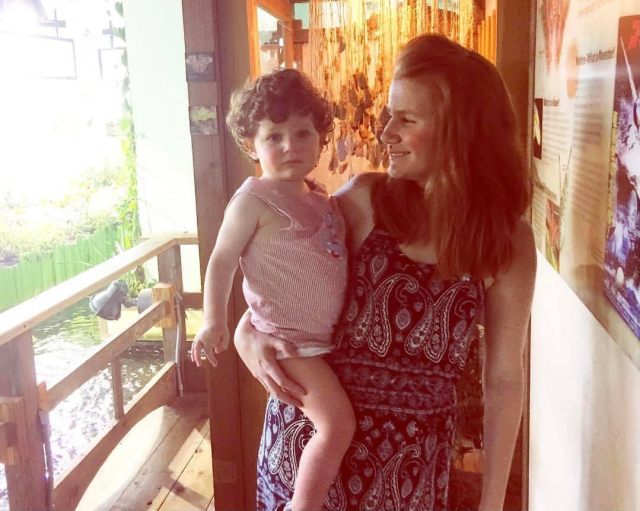Powerful words can make a difference before kids head to middle school
Dear daughter,
1. Someone else doesn’t need to think you’re beautiful to make it true.
Please know that you are beautiful. And not in the least because of how your eyes and nose fit on your face or the size of your waist. You are beautiful because of who you are. Those who care about you will not only see your beauty, but they will love you for loving yourself and knowing all of your own great strengths.
Do not put the power of your truth in the hands of another to decide. Hold onto it and boldly believe in yourself. You already possess it. Whether they see it or not, it’s yours.
2. Feeling good about yourself is not a bad thing.
To know one’s own strengths is a great skill. It is necessary for success in life, love, friendships, intimacy, careers, and even physical and mental health. Do not be afraid to trust in your strengths. You can know where your greatness lies and balance it with the awareness of where your faults and struggles hold you back.
We are not meant to ignore our bright light, nor are we meant to pretend as though we lack imperfections. You may be tempted to step heel to toe to make others feel more comfortable or accepting, but we all fall off that tightrope. Your feet belong on solid ground because you are incredible and flawed. Accept both.
3. You can blame me for anything.
There will be times when you find yourself in a situation that you know is trouble. You will be faced with drinking, drugs, and other “just do it” situations that are harmful to you or that you just don’t want to participate in. And yet, what should you say? Dear daughter, say that your mom has the superhero power of knowing all and you will be indentured to a life of chores and Friday night board games with your parents forever.
I trust you to make good choices, but when you need an excuse, when you need someone to blame, I can be whatever you want me to be to get you out of a bad situation.
Related: Daughters (Who’ll Conquer the World) Need to Hear These 8 Things
4. Everyone is exaggerating.
Fear of missing out can lead to bad choices, loneliness, jealousy, and hurt feelings. When you are feeling that way, remember that pictures exaggerate the truth. A simple night of three friends sitting around staring at their own phones can look like the sleepover of the century with one selfie posted on Instagram. Filters are there for a reason, they make the image of the truth look better than it really is. Likely you didn’t miss out on anything. And even if you did, your turn will come.
5. Build up your friends; it doesn’t take away from how awesome you are.
An unfortunate lie that girls are told in our society is that we must compete with one another to be the best. Healthy competition in sports and activities is a good thing when everyone knows the rules and is on the same playing field. Unhealthy competition is unspoken or hidden; it is not acknowledged and there are no rules. It leads to covert bullying also known as relational aggression.
Magazines and movies want us to think that only one girl can be the beautiful one at a party, only one dress can be the prettiest, and only one girl can get the guy. Do not be held back by needing to be prettier/smarter/cuter/trendier/sportier than your friends. Don’t be friends with girls who are stuck needing to be better than you. Be yourself and then give your friends props for being awesome, too.
6. You are in charge of your body.
Okay, this is a serious one—the most important one on this list. I want you to close your eyes and think really hard about this now for a moment because you only have one body. And your body is precious to me. I hope your body is precious to you. I hope that you treat your body as the strong, capable, incredible form that it is.
Every part of you is beautiful and perfect, designed for anything and everything you want it to do. Listen to your body, be the driver of your vessel, treat it with respect, and others will, too.
7. I will always be here. You are always my girl.
Life is hard. And like I said, we are all just trying to figure it out. As you learn and grow and change, I will always be here. I hope you will feel the warmth of my arms around you no matter where you are, like a ribbon tethering you always to the place from where you first came. I love you more than the air I breathe. I love watching you unfold and figure out who you are and claim your path.
You already have everything inside of you that you will ever need, and I am the luckiest mom in the world to have you as my daughter. I am always on your side, I’ve got your back and am holding a spotlight over you as you learn to fly, forever your cheerleader. Thanks for being you.
Related: 7 Things My Son Absolutely Needs to Hear—& Know—Before Middle School
